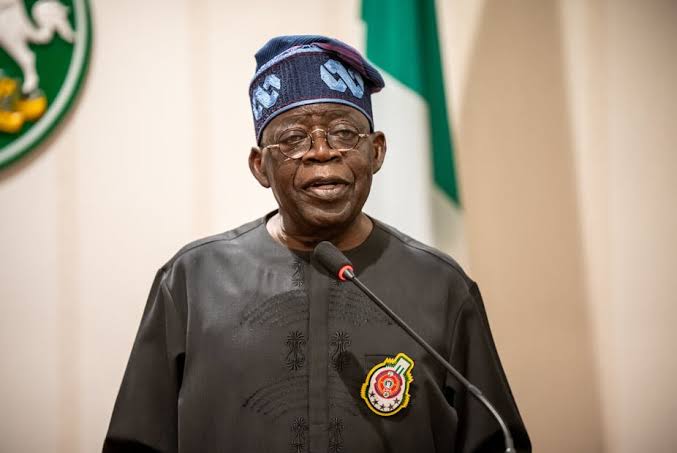In a major fiscal development, President Bola Ahmed Tinubu announced that the Federal Government has stopped borrowing from local banks, following a breakthrough in non-oil revenue generation. The announcement came during a meeting with members of the Buhari Organisation, led by former Nasarawa State Governor Senator Tanko Al-Makura, at the Presidential Villa.
“By August, we had already met our annual revenue targets. Non-oil revenue is performing strongly, and this allows Nigeria to operate without drawing from domestic banks,” Tinubu stated. He added that a stronger non-oil economy shields the country from external uncertainties, noting, “If non-oil revenue is healthy, global pressures cannot derail us.”
Mechanized Agriculture: A Path to Food Security
The President also unveiled an ambitious nationwide agricultural mechanization program designed to boost productivity and achieve food sovereignty.
“I have launched a comprehensive mechanization initiative that will establish regional centers across the country. This is our strategy to achieve food security. Eliminating hunger is the first step in eradicating poverty,” Tinubu explained.
Rising Public Debt Remains a Worry
Despite these fiscal gains, Nigeria’s debt situation remains challenging. Data from the Debt Management Office (DMO) shows total public debt at ₦149.39 trillion as of March 31, 2025, up 22.8% from the previous year and ₦4.72 trillion higher than the preceding quarter.
Economic analysts at CSL Stockbrokers Limited, a subsidiary of FCMB Group Plc, warn that debt could climb to ₦160.6 trillion by year-end. The government may need an additional ₦9.3 trillion to bridge a widening fiscal gap, potentially pushing debt to 50.2% of pre-rebased GDP.
Experts Call for Prudence
While Tinubu’s administration highlights strong non-oil performance and fiscal discipline, experts caution that delays in tax reforms and weak oil revenues could strain finances. CSL’s mid-year report projects a fiscal deficit of 5.8% of GDP, exceeding the 2025 budget’s 3.9% estimate.

